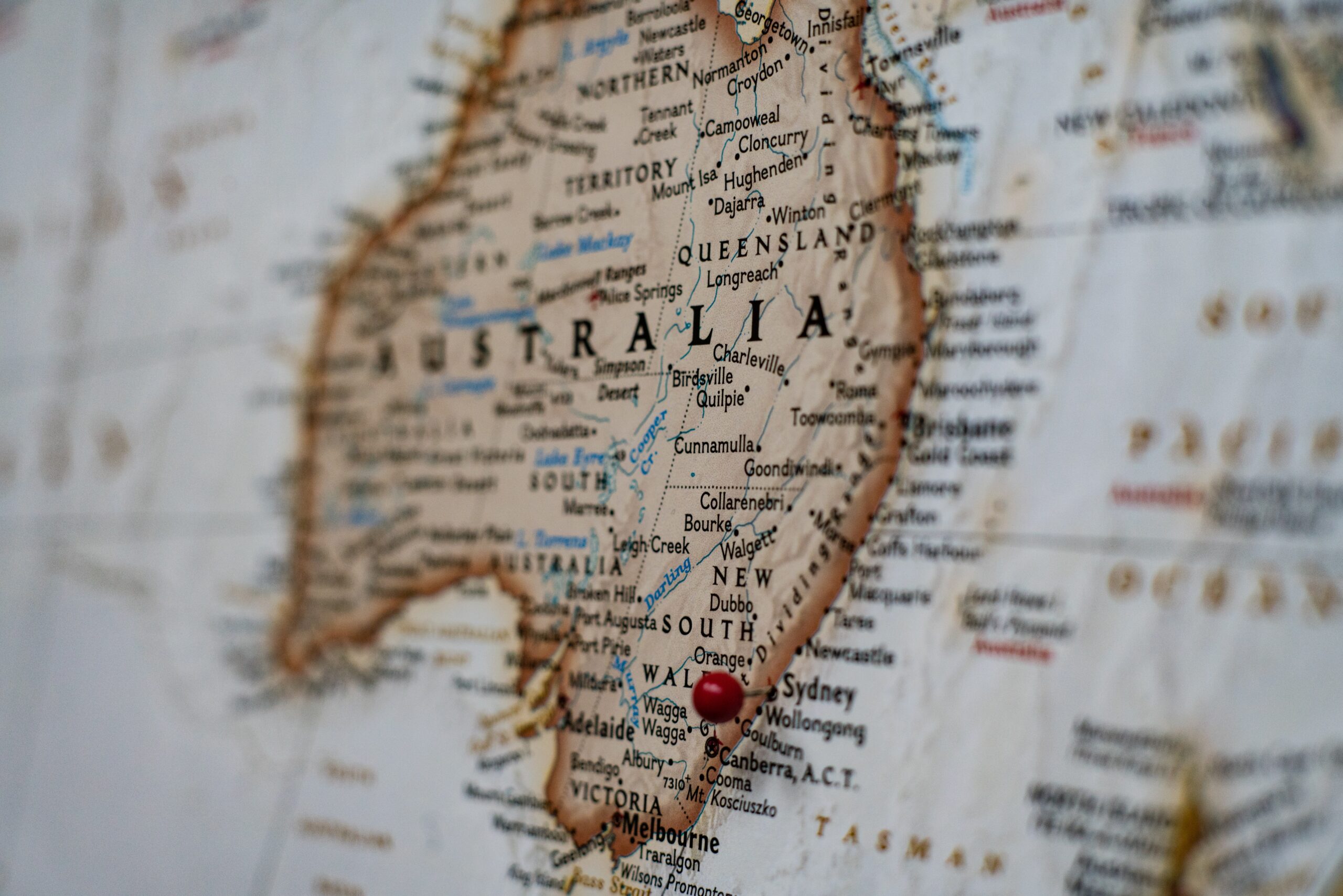I’ve argued before that it only makes sense to consider Waxman-Markey as part of ongoing, twenty-year international negotiation, not as an endpoint or a piece of standalone legislation. One problem this presents is that international relations tend to be even more sluggish, boring and inscrutable than the parliamentary maneuvering that takes place in our own Congress, and certainly a lot more difficult for voters to get energized about.
But, hey, some good news: passage of Waxman-Markey already seems to be improving the chances for climate change legislation in Australia. Australia, you may recall, shared with the United States the distinction of being one of only two industrialized nations to reject the Kyoto Protocol. Also like the United States, Australia has some of the highest per capita greenhouse gas emissions for a major economy. Also like the United States, Australia recently had one of those elections-with-consequences and reversed course on much of its climate change obstructionism. But green-minded legislators in Australia still face an uphill battle, due largely to concerns raised by conservative politicians that a cap on emissions will harm the economy. (Basically, think of Australia as the United States plus Hugh Jackman and marsupials.)
So, anyhow, the passage of Waxman-Markey seems to be eroding opposition to a proposed Australian emissions-trading bill (via Ryan Avent):
> Opposition Shadow Minister for Environment Greg Hunt also voiced qualified support for the U.S. scheme.
> “What we’ve seen in the United States is a step toward a comprehensive, developed-world standard. Now we want to be part of that standard,” he told Australian Broadcasting Corp radio.
> “We don’t want to have a situation where Australians have completely different standards and tests for our own industries, which means that our agriculture would be destroyed if it’s not in line with America,” he said.
And this is just from passage of a climate bill in the U.S. House. One can only imagine what Senate approval of the bill will do for international negotiations.
Meanwhile, David Roberts provides a rundown of Obama’s international climate strategy that is both extensive and also already slightly out-of-date now that the G8 conference is over. But the short of it is that the White House will likely push ahead with bilateral negotiations with a handful of key countries — China, India, Russia, Brazil — at the same time that the rest of the world tries to hammer out a successor treaty to Kyoto. This bilateral approach is actually a holdover of a Bush-era policy, the key difference being that the Obama administration is actually interested in climate change.
As one would expect, each bilateral negotiation presents its own opportunities and challenges. In Brazil, the issue is deforestation. In Russia, the issue is helping to transition their extraordinarily inefficient heavy industry to more modern technology. China already has a clean energy program in place that is in many ways more aggressive than what we have in the United States, but of course the country also has a monstrous appetite for coal. India has categorically rejected a carbon cap.
And so it goes. Meanwhile, Europe is eyeing these bilateral overtures nervously, for fear that the U.S. will sidestep multilateral negotiations entirely and foist some lowest-common-denominator agreement on the rest of the world. Which is fair enough, I guess, but it seems just as likely to go the opposite way: a U.S.-driven breakthrough could help to prod the sluggish U.N. process along.
Brought to you by terrapass.com
Featured image







